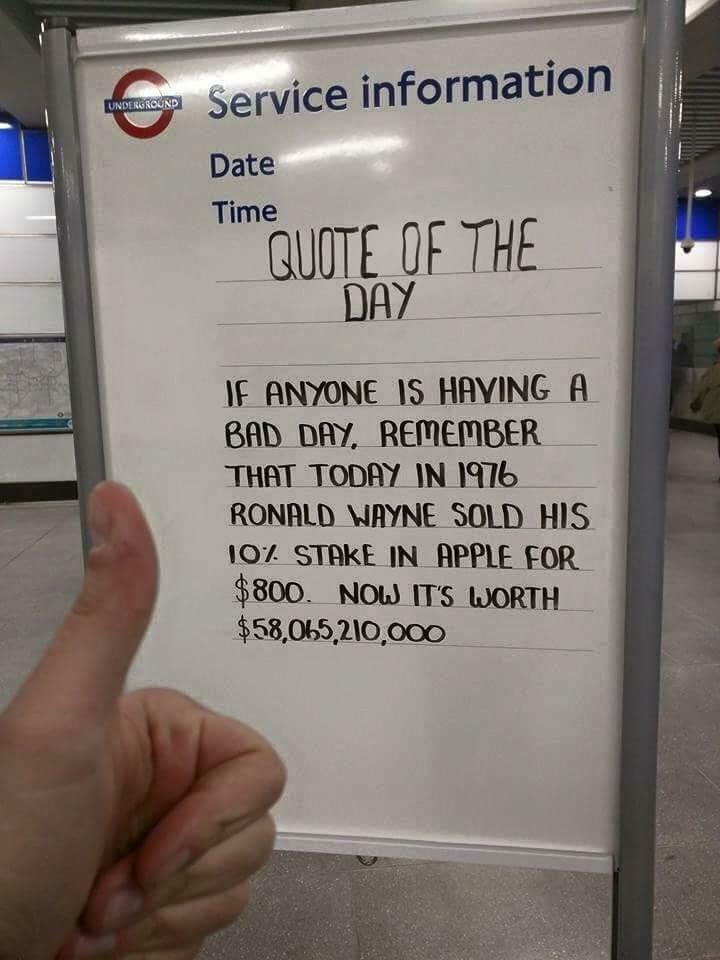 Among the galaxy of individuals interested in the stock market with whom I have come in contact, there have been literally thousands of different types, ranging from stupid to brilliant, from greedy to conservative, from rich to poor and from dismal failure to brilliant success. In fact, no two individuals bring to their market operations identical attitudes and attributes. They are all different; yet they are all identical in one respect-they want to make a profit from their operations. The profit motive is the universal aim in all market activity, yet by what devious and warped methods most individuals go about their operations is known only to the stock market analyst in all the pathos of its ineffectiveness. And the greatest tragedy of all is the realization that by far the greater portion of those who come to the market with hard-earned savings, high hopes and enthusiastic ambitions-only to leave it with disappointments and loss-could be saved from their misfortune by a simple medium of a few logical rules of policy, by a small amount of consideration and common sense. R.W. Schabacker, 1934
Among the galaxy of individuals interested in the stock market with whom I have come in contact, there have been literally thousands of different types, ranging from stupid to brilliant, from greedy to conservative, from rich to poor and from dismal failure to brilliant success. In fact, no two individuals bring to their market operations identical attitudes and attributes. They are all different; yet they are all identical in one respect-they want to make a profit from their operations. The profit motive is the universal aim in all market activity, yet by what devious and warped methods most individuals go about their operations is known only to the stock market analyst in all the pathos of its ineffectiveness. And the greatest tragedy of all is the realization that by far the greater portion of those who come to the market with hard-earned savings, high hopes and enthusiastic ambitions-only to leave it with disappointments and loss-could be saved from their misfortune by a simple medium of a few logical rules of policy, by a small amount of consideration and common sense. R.W. Schabacker, 1934
Wall Street speculation is the most stupendous game known to the world of chance; as compared with it, the game of Monte Carlo pales into utter insignificance; in no other game are the stakes so high, is success so transitory, and failure so overwhelming. It is a game in which the wealth of Croesus changes hands in a single hour but in which the vast majority of the outside public, who tamper with it, go to financial and often to physical and moral ruin. The general public seldom have any opportunity to become familiar with the inside workings of Wall Street speculation, as it really is, except through an expensive personal experience; but by the time most people have learned enough through personal experience to make money in Wall Street, their experience is all the capital they have left, and this alone makes rather a light margin, with which to operate in stocks. Franklin C. Keyes, 1904
If you, my dear sir, were to join a first-class Whist Club [whist is a card game] you would be expected to know something about the game would you not? Some of the elementary principles of the play you should understand at least, otherwise you have no business to be in the game with experienced players. What is true of the game of Whist is not less true of the game in Wall Street. In this latter game the amateur who goes into it without study or knowledge is almost sure to lose in the end. William Hoyle, 1898

 Just like you shouldn’t practice your basic martial-arts forms in the ring where your mind is more focused on pain avoidance then executing the tactic correctly, a novice shouldn’t begin trading with real money and real consequences. Only once you’ve amassed significant practice in a safe
Just like you shouldn’t practice your basic martial-arts forms in the ring where your mind is more focused on pain avoidance then executing the tactic correctly, a novice shouldn’t begin trading with real money and real consequences. Only once you’ve amassed significant practice in a safe 

 expecˈtation – noun
expecˈtation – noun